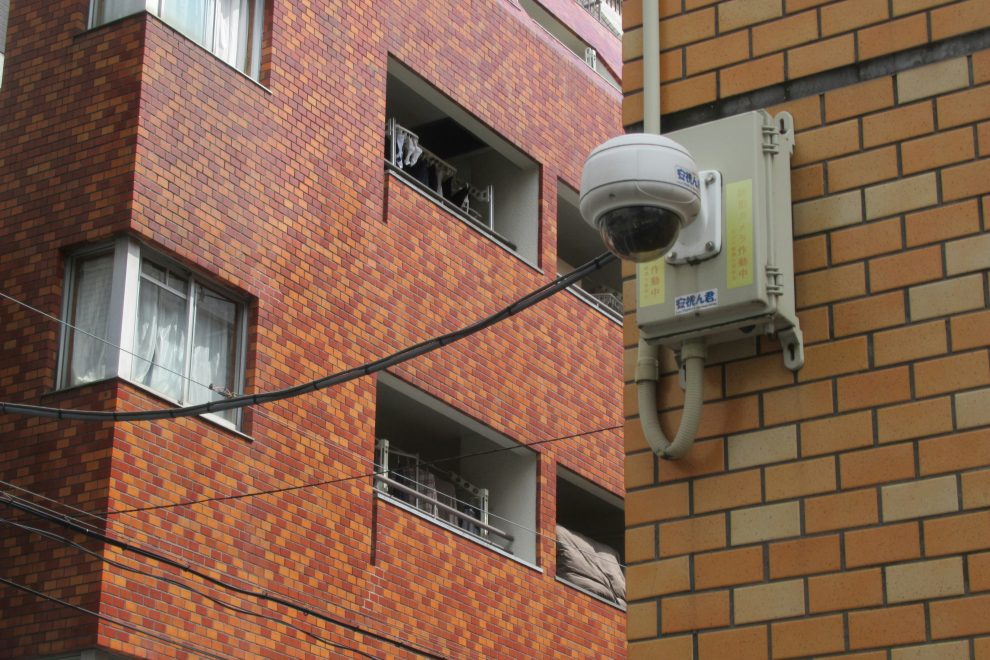Residential property and managers must employ crime prevention strategies — not only to protect residents and property but also to reduce legal and financial risks. Property owners can face serious legal consequences if found negligent in providing adequate security. While a criminal act is carried out by an offender, victims may pursue civil action against property owners if the attack was reasonably foreseeable and preventable.
Negligent security liability stems from premises liability law. If a person is harmed due to poor security on a property, courts may find the owner responsible. Since the 1970s, courts have increasingly ruled in favor of victims in such cases. Decisions can factor in foreseeability, local crime statistics and past incidents.
Meeting minimum legal security standards may not be enough. Courts expect owners to use “reasonable care” based on evolving risk levels. Failure can lead to large financial settlements, higher insurance premiums, the inability to renew policies or reputational damage.
To reduce crime and legal exposure, residential property owners should adopt a comprehensive approach to safety, combining policy, physical deterrents and technology.
Foster Crime Intolerance Among Tenants
- Include clear language in leases allowing termination due to criminal activity by tenants or their guests.
- Engage tenants in crime watch programs in collaboration with local police.
- Use newsletters to promote crime awareness and solicit reports of suspicious behavior
Regularly Monitor and Document Local Crime
- Review neighborhood crime stats at least annually and document findings.
- Assess and update security controls quarterly, especially if local crime rates change.
- Log and follow up on all on-site incidents including vandalism or disturbances.
- Comply with local “Crime Free” or Rental Housing Safety ordinances.
- Stay informed about state multifamily housing safety laws.
Meet and Exceed Regulatory Requirements
- Comply with local “Crime Free” or Rental Housing Safety ordinances.
- Stay informed about state multifamily housing safety laws.
Screen Tenants, Employees and Contractors
- Perform thorough background and reference checks for staff and tenants.
- Ensure contractors are licensed, bonded and vetted.
- Maintain control over tenant occupancy and monitor for unauthorized residents.
Creating Physical Barriers:
- Install fences, gates and secure entry systems.
- Ensure locks are changed when tenants exit.
- Limit access using buzzers, key cards or 24/7 concierge services.
Lighting:
- Maintain bright lighting around entrances, pathways, parking lots and common areas.
- Utilize motion-sensor lighting in dark or isolated zones.
- Ensure backup emergency lighting is functional during power outages.
Security Systems:
- Consider burglar alarms in restricted areas and laundry rooms after hours.
- Use a UL-listed monitoring service with round- the-clock response capability.
- Install and monitor camera systems, ideally covering high-traffic and vulnerable areas.
- Choose camera systems with local or cloud-based storage and remote access.
Hiring Security Guards:
- Vet all security personnel with background checks and references.
- Define guard duties clearly in writing.
- Require logs of guard activities and maintain proper documentation.
- Ensure legal compliance with weapons and force regulations.
- Consider patrols, especially around vacant units or remote parts of the property.
Conduct Regular Self-Inspections
Routine inspections can help detect vulnerabilities before criminals do. High-crime areas may require weekly checks. Focus should be on:
- Overgrown landscaping that could conceal intruders.
- Construction areas that may be left unsecured.
- Vacant buildings or units, ensuring lights and locks are functional.
- General property maintenance, especially in common areas.
Employ a comprehensive security checklist to guide inspections and ensure that no aspect of property safety is overlooked.
While crime rates may have started to trend down in recent years, residential property owners can’t afford to let their guard down. Courts continue to hold property owners accountable when security measures are lacking, and even one serious incident can lead to devastating financial and legal consequences.
A comprehensive crime reduction strategy not only improves resident safety and community trust — it also helps shield owners from negligent security claims, potential lawsuits and reputational damage. It also plays a critical role in maintaining favorable insurance coverage. Insurance companies increasingly evaluate risk based on proactive safety practices, and strong security controls can lead to better premiums and fewer disputes in the event of a claim.
By combining smart policies, physical upgrades, surveillance technology and regular assessments, residential property owners can reduce criminal activity, protect their tenants and strengthen their financial resilience. Proactive safety isn’t just good practice — it’s good business.
Frank DeLucia
Executive Vice President
Hub International Northeast
frank.delucia@hubinternational.com
(212)338-2395




















